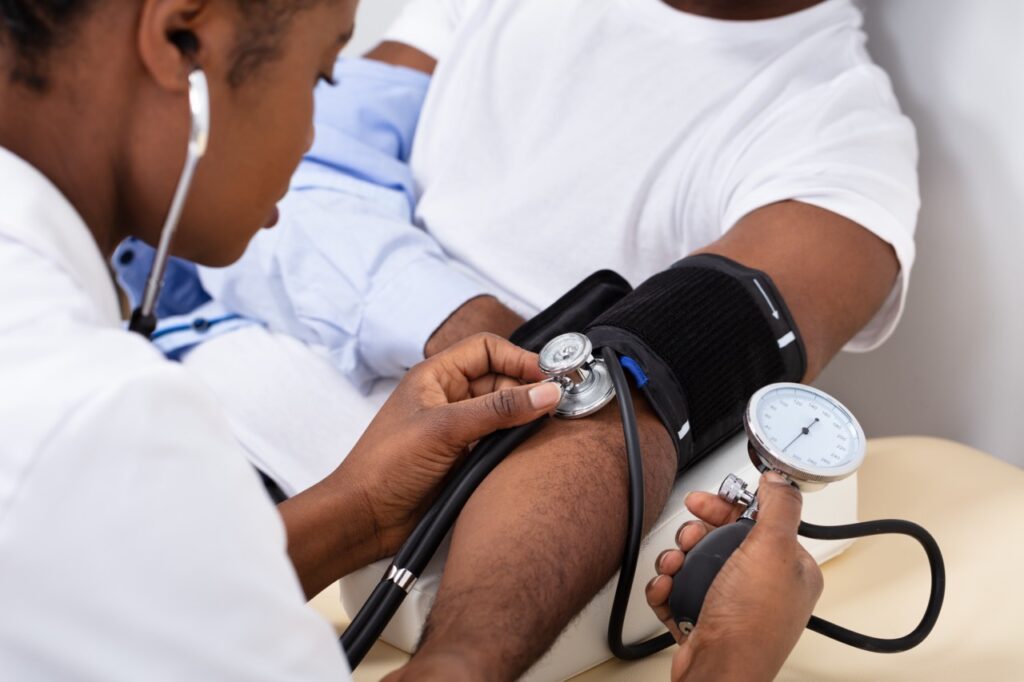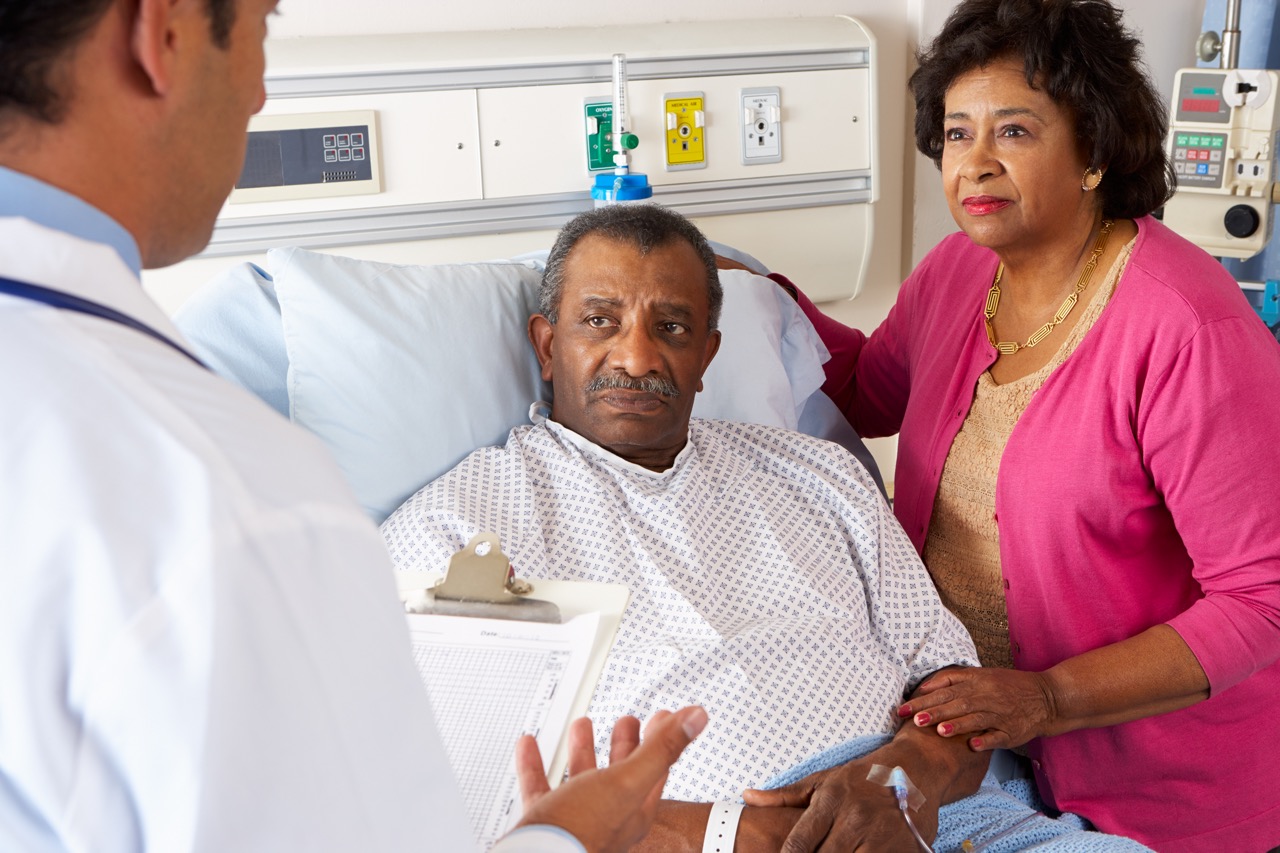The process
Once you have decided you want to be a living donor, your recipient will give you the contact details of the living donor team for you to speak with one of the living donor coordinators to start the initial assessment process.

An appointment will be made for you to come and see a living donor nurse specialist for some initial tests. After these tests, you will be thoroughly assessed (the process can take several months) for your suitability as a potential living donor.
Blood test
Before you can become a kidney donor you need to have a blood test, this is to check that you and your recipient have compatible blood groups. However, living donation kidney transplantation can take place between people with different bloods groups through the kidney sharing scheme.
At your first appointment you will meet your clinical nurse specialist; their role is to take you through the different stages of the donor process and medical tests. You will be asked for a brief medical history and given the opportunity to ask any questions.
You can find out more about living donations from NHS Blood and Transplant.
Tissue checking
Tissue type matching is important for kidney transplants. The tissue type of a person is
determined by marker proteins on the surface of white blood cells. The higher the
percentage of these proteins that match, the greater the compatibility between you and the
person you are donating too. This close tissue match is usually seen when people are
closely related. The closer the match the less likely it is for the donor kidney to be rejected.
Urine sample
Urine is tested for the presence of bacteria, glucose, protein and blood.
Blood Pressure Monitoring
High blood pressure can cause kidney damage and may make you unsuitable to be a
kidney donor. These initial tests are important as they make sure you are in good health to be a donor, that your kidneys are functioning normally and that you do not have any underlying medical problems.
At your first appointment you will meet your clinical nurse specialist; their role is to take you through the different stages of the donor process and medical tests. You will be asked for a
brief medical history and given the opportunity to ask any questions. Depending on the
centre the results of your tests usually come back within a few days.
What next?
There are different stages in the donor assessment process which can take anything from
three to seven months to complete. Most hospitals usually let you know in advance your
appointment times for the different stages, including how long they may take. This makes it
easier to plan and book time off work.





